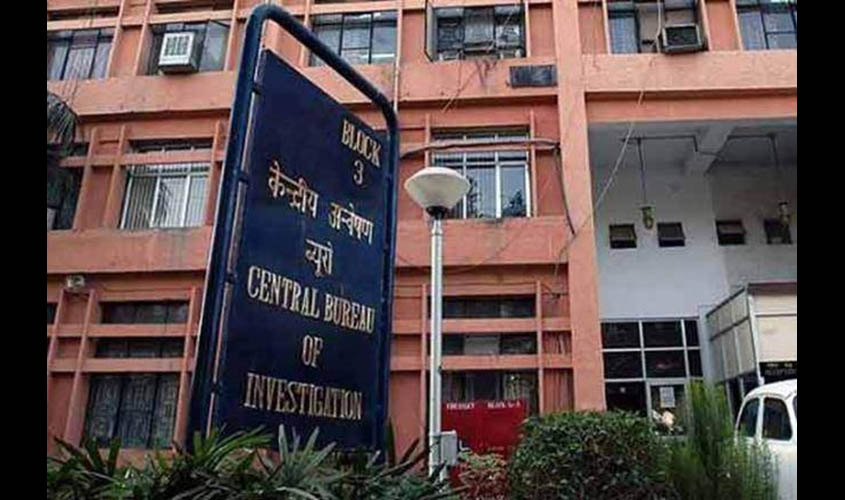New Delhi: The Central Forensic Science Laboratory (CFSL), Delhi, which is one of the seven CFSLs in India and the only one under the administrative control of the Central Bureau of Investigation (CBI), is facing a severe staff shortage. This, in turn, is hampering probes into cases that the CBI is investigating.
Out of this laboratory’s sanctioned strength of 154, only 80 staffers (including the director) are there. More importantly, the maximum number of these vacancies is at the level of scientific officers and laboratory assistants who do the bulk of the investigation in the cases entrusted with the laboratory.
Of the total sanctioned strength of 153 scientific officers, scientific assistants and laboratory assistants, this laboratory has only 79 such personnel. It is these 153 officers who are required to do forensic analysis of the cases that the CBI investigates and it is their opinions and reports that play the most important role in forming a strong charge-sheet in any particular case.
At present, India has seven Central forensic laboratories—in Hyderabad, Kolkata, Chandigarh, New Delhi, Guwahati, Bhopal and Pune. The CFSL in New Delhi comes under the CBI, Delhi, whereas the other laboratories are under the control of the Directorate of Forensic Science Services (DFSS) of the Ministry of Home Affairs (MHA).
CFSL has multiple divisions such as ballistics, biology, chemistry, document, fingerprint, photo, and physics that look into various aspects of the cases under investigation.
A CBI official said: “There is a lot of pressure on the officials as every now and then a high profile case is given to the laboratory which requires immediate attention and quick results, because of which the pending cases become zero priority. Many times, like in the Unnao case, we have to drop everything and start working on a new case. By the time we return to the pending cases, the specimen and evidences become ‘weak’, lose their value and are not suitable to arrive at a conclusion. As a result, we are accused of botching up the investigation and are reprimanded by the courts.”
Since June 2016, the CFSL in Delhi has received 4,197 cases, which amounts to almost 1,400 new cases every year. “At any given time, we are dealing with almost 1,000 pending cases which keep on increasing as new cases come,” the official said.

